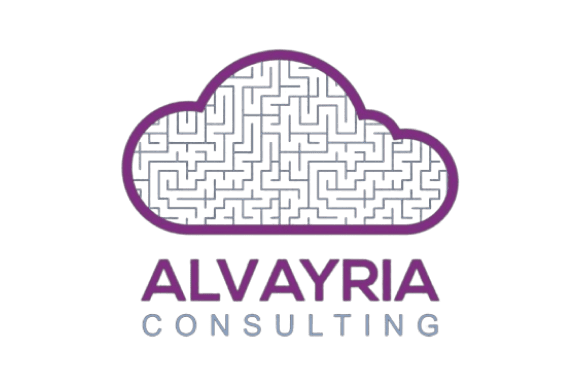App development is very fast-changing, and one should keep pace with the changing trends. Some of the best app development tools can make increasing productivity easier, ensuring smoother developments, and keep you in the lead. Here are some of the app development trends every developer should include in their workflow in 2024.
1. Code Editors and IDE
- A robust code editor or an IDE is essential to every developer’s kit. Such environments feature all the tools that facilitate coding, debugging, and testing tasks. Some of the top IDEs are listed below.
- Visual Studio Code: VS Code has become every developer’s favorite for flexibility and ease of use. It has a lightweight structure, cross-platform compatibility, and a large library of extensions.
- JetBrains IDEs: As a Java, Python, or JavaScript developer, you might be interested in the specialized IDEs that JetBrains has developed: IntelliJ IDEA, PyCharm, and WebStorm. Each of these, they are feature-rich, made with a focus on a specific programming language, and therefore has deep integration and smart code completion.
- Sublime Text: It is the fastest and most customizable tool for developers who prefer speed and simplicity above everything else.
2. Version Control Systems
You should control changes in your code, especially when working in a team. With the help of a version control system, you follow modifications, merge code, and cooperate really well.
- GitHub: An open-source hosting platform that features rich collaboration capabilities and supports project management features. It is thus essential for modern development.
- GitLab: GitLab has CI/CD features, which give an “all-in-one” platform for code hosting, issuing tracking, and continuous integration.
- Bitbucket: It is popular due to support for Mercurial repositories in addition to Git and is very popular among enterprise developers since it integrates well with other Atlassian tools, such as Jira and Trello.
3. Package Managers
A package manager greatly simplifies the work of working with software for dependency management and keeps all your projects current, including the latest versions for any libraries you may be using.
- NPM (Node Package Manager): the largest package manager in the JavaScript ecosystem used to install, update, and manage dependencies of JavaScript projects and Node.js projects
- Pip: This is a bread-and-butter tool in the world of Python development for installing and managing packages, especially in data science and machine learning applications.
- Composer: Composer helps developers of PHP automate dependency management and manage libraries and packages easily.
4. CI/CD Tools
CI/CD tools have your application ready to be deployed at all times. It is done through automatically conducted tests and deployment processes; this minimizes the human error rate and accelerates the dev cycle.
- Jenkins: Jenkins is the most popular, open-source automation server. It lets you build, deploy, and- on the whole, codify efficiently across platforms. This makes it the most favored choice for a lot of teams for robust CI/CD pipelines.
- CircleCI: A highly scalable, cloud-based platform to be designed for speed, reliability, and builds, testing, and deployment with seamless integration with GitHub and Bitbucket.
- GitHub Actions: Actually is the CI/CD feature on GitHub. It enables developers to automate workflows straight in GitHub, which makes continuous integration much easier.
5. Debugging and Profiling Tools
No app development would be considered successful without debugging. Debugging tools identify issues early in the development cycle, and profiling tools help improve performance.
- Chrome DevTools: Development would feel incomplete without Chrome DevTools, a set of debugging tools found inside the browser. They provide a suite of JavaScript, CSS, HTML, and more performance profiling features, for instance.
- Postman: API Testing and debugging APIs wouldn’t be complete without using the Postman tool for sending HTTP requests and examining responses, especially during the development of an API.
- New Relic: If performance monitoring is what you want to achieve in your project, then you’ll be equipped with full-feature application performance tracking and monitoring with New Relic.
6. AI Development Tool Powerhousetop
Given that artificial intelligence is penetrating into the development process, AI-based coding tools are getting popular. Developers love these tools because they help speed up coding and improve productivity.
- GitHub Copilot: An AI code assistant, that can prompt lines or blocks of code as you type based on its learning of your habits and coding style in order to work much more efficiently.
- Codeium: Like Copilot, Codeium uses AI in order to offer suggestions with your real-time coding. It saves the developer from more complicated tasks and automates routine ones.
Conclusion
In 2024, it will be rather dangerous if you don’t include the right tools in your app development toolbox.. Complex IDEs with better versioning and CI/CD systems are now available; smart coding gives developers better tools to create, test and deploy higher levels of quality in their apps. These tools become useful in increasing competitiveness, productivity and rate of completion of projects in the emerging technological environment.






